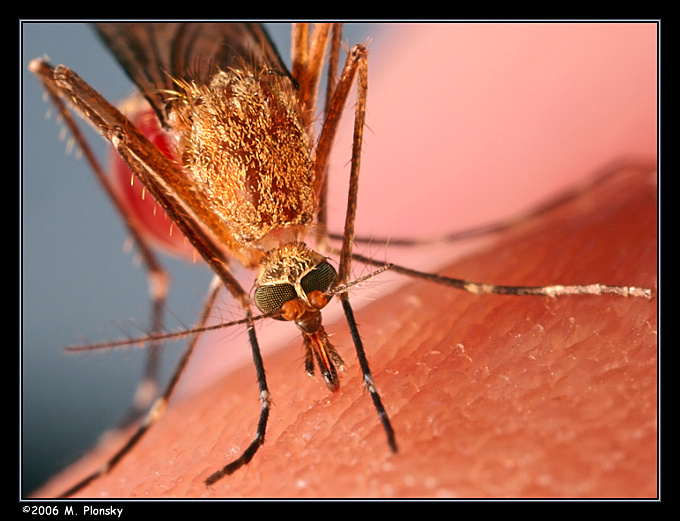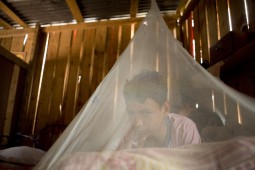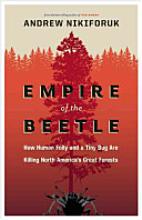
Feature #1: If you live on the Front Range, or just about anywhere else in Colorado, you don’t have to go far to notice huge swaths of rusty brown that have replaced green conifer forests. By now, many people are familiar at least with the devastating effects of the mountain pine beetle. But far fewer may understand just how these voracious insects actually make their living, or that this epidemic — and its causes and triggers — are far more nuanced, and controversial, than meets the eye. How On Earth co-host Susan Moran talks with Canadian journalist Andrew Nikiforuk about the beetles that have been gorging with impunity on lodgepole pine, spruce and other forests from British Columbia down nearly to Mexico. His new book is called The Empire of the Beetle: How Human Folly and a Tiny Bug Are Killing North America’s Great Forests.Previously, he wrote a best-selling book called Tar Sands.
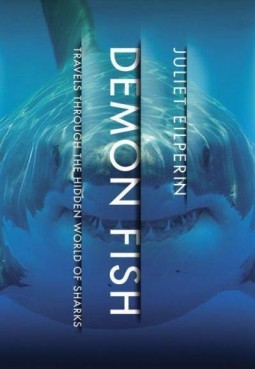
Feature #2: Sharks have a special place in the human psyche. Perhaps it is a combination of the mystery of the depths of the ocean and natural fear and awe of powerful beasts that can kill humans with a single bite. But these predators also are key players in the ocean’s ecosystem. The science and legends of sharks are the subject of a new book called “Demon Fish: Travels Through the Hidden World of Sharks” by Juliet Eilperin, the environmental science and policy reporter for The Washington Post. How On Earth’s Joel Parker talks with Juliet about her book. Listen to the extended interview here.
Hosts: Susan Moran and Joel Parker
Producer: Susan Moran
Engineer: Joel Parker
Podcast: Play in new window | Download (Duration: 25:17 — 23.2MB)
Subscribe: RSS




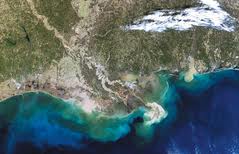



![hs-2011-23-d-web_print Pluto and its moons [click to enlarge] (credit: NASA, ESA, M. Showalter, Z. Levay)](http://howonearthradio.org/wp-content/uploads/2011/08/hs-2011-23-d-web_print-255x255.jpg)
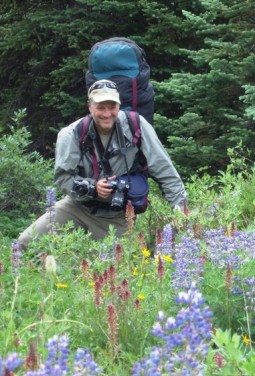
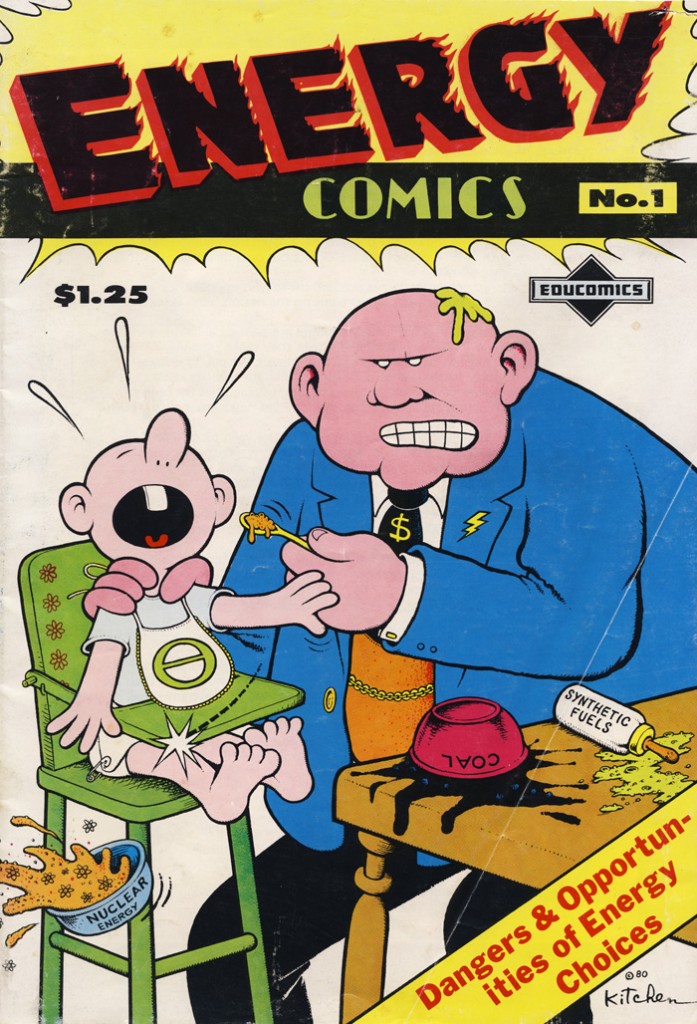
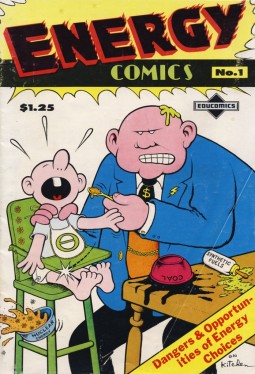
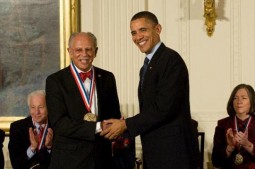

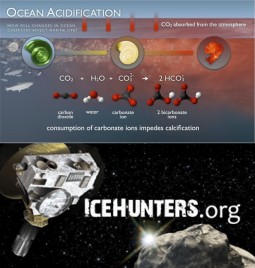

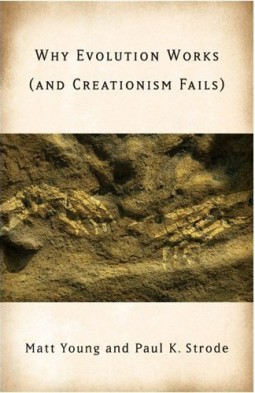
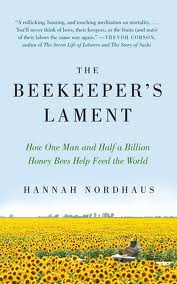

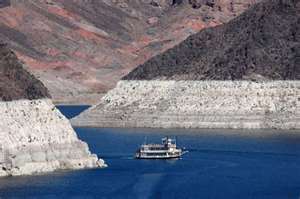

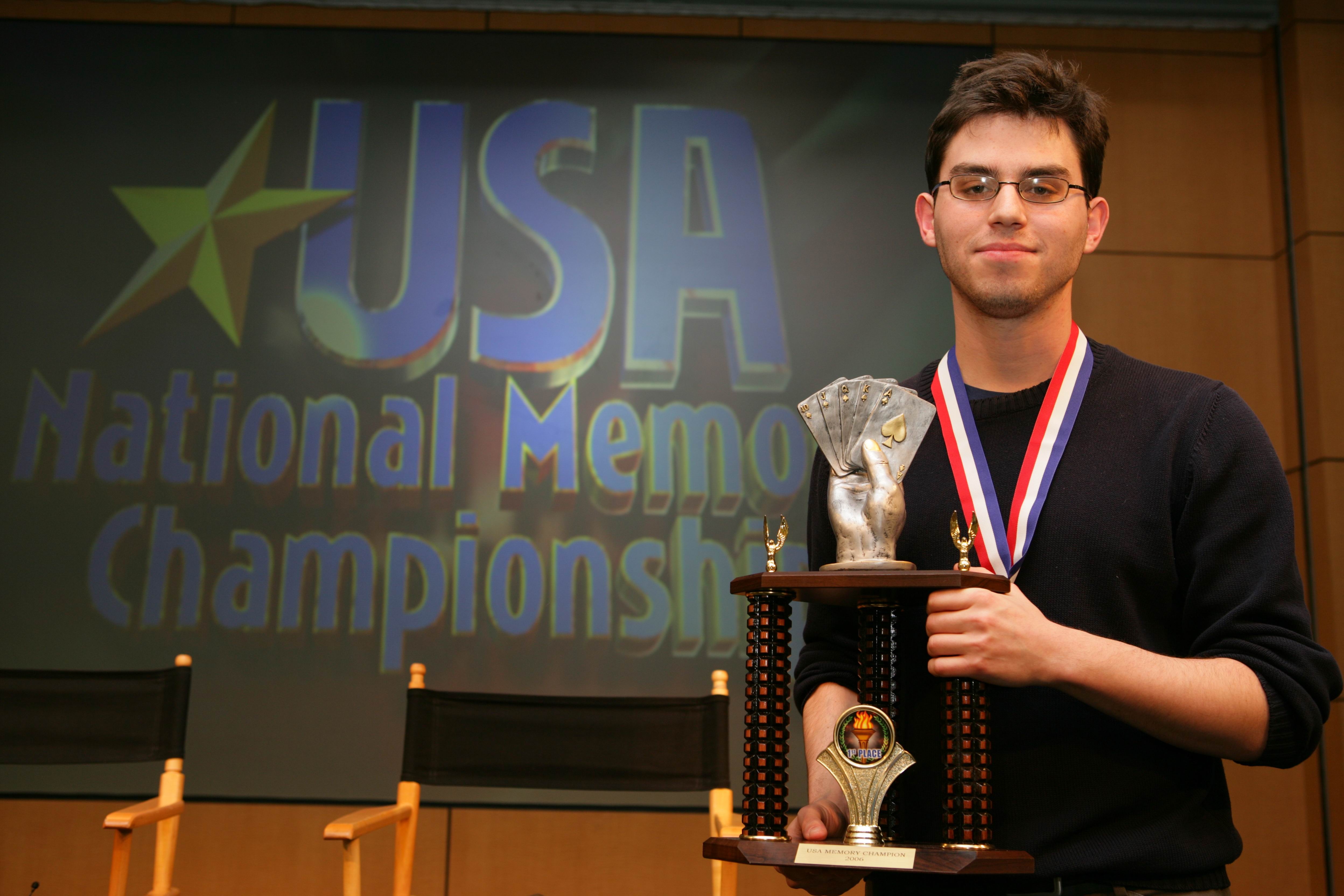
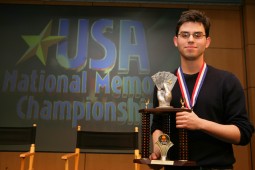 Remembering Everything” (the full interview can be found
Remembering Everything” (the full interview can be found 